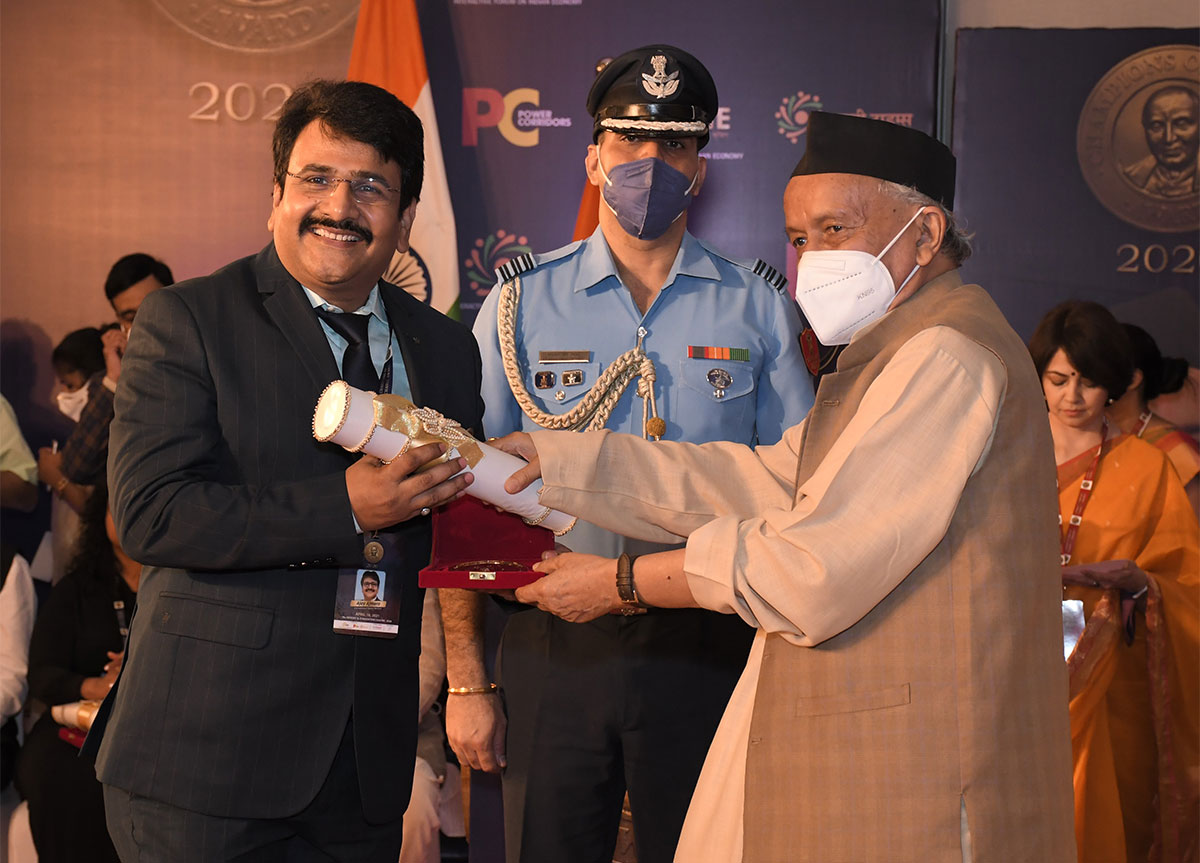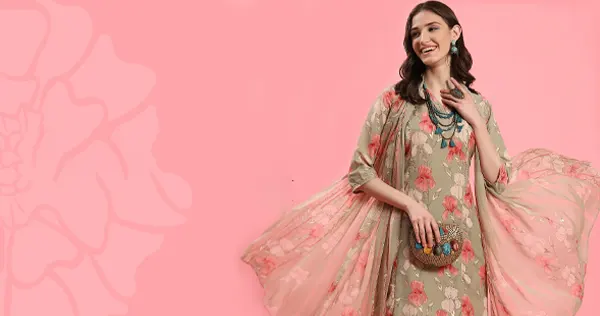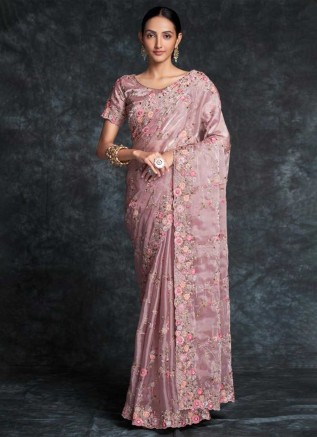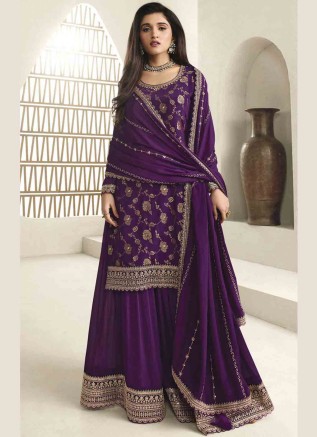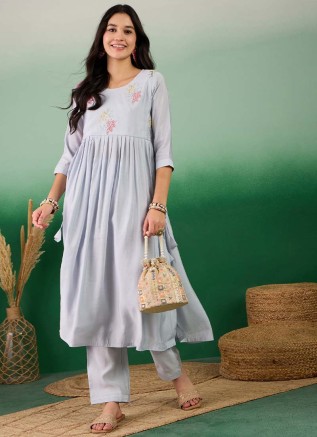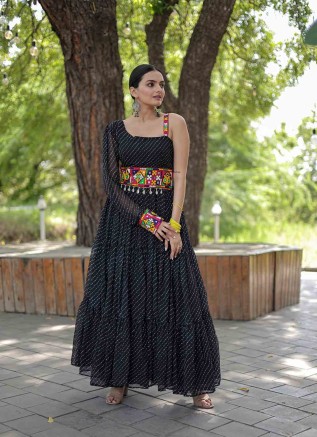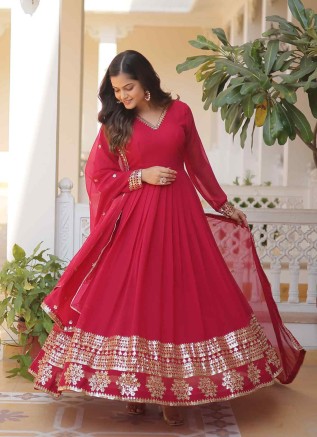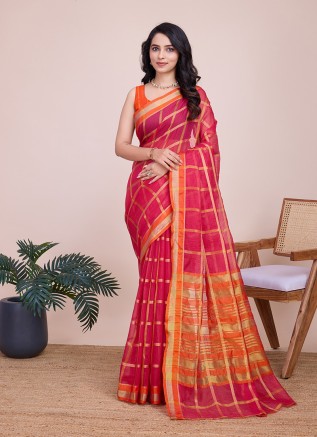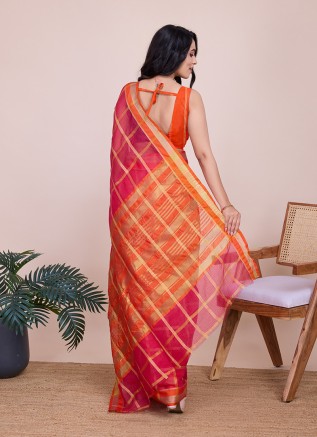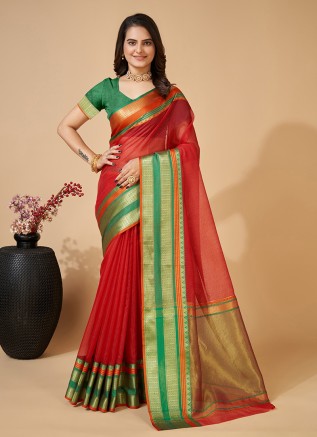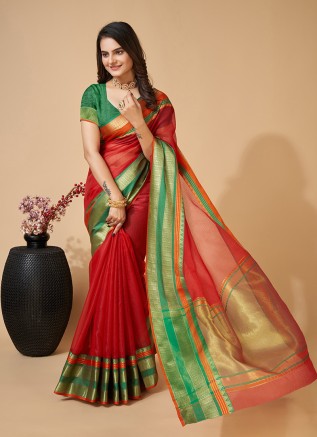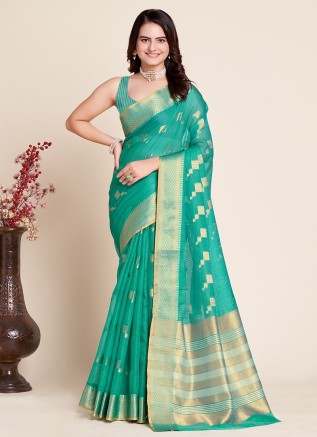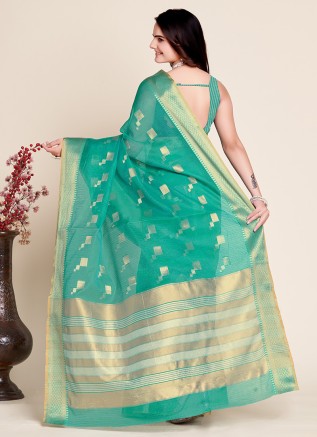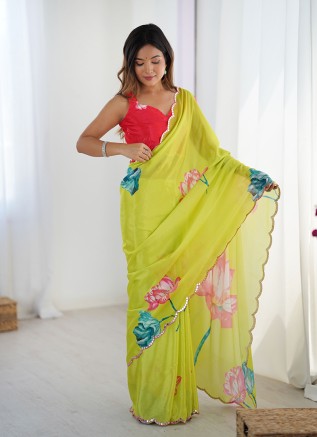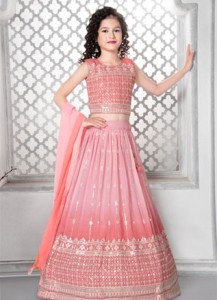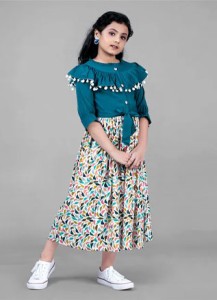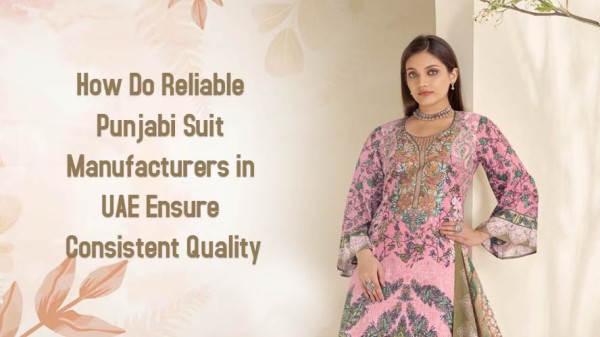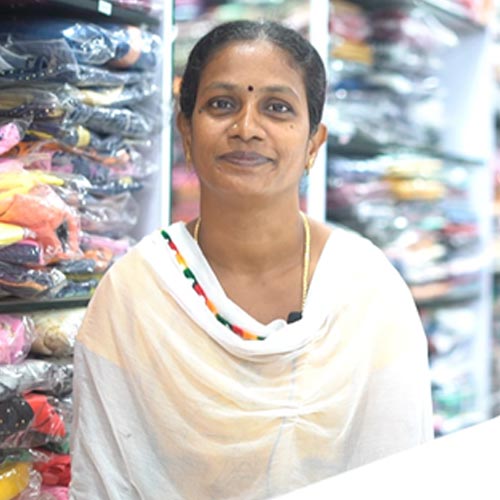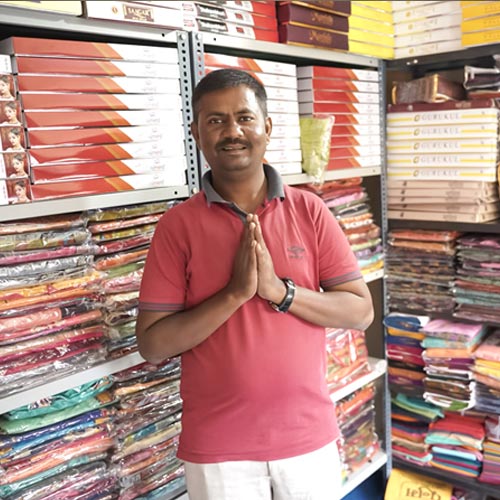Get Premier Products Directly from Indian Sarees Manufacturers in Surat
To emphasize our dedication to conserving and promoting variety in Indian culture through clothing, we have blended design and style in our wide range of sarees, making us the Best Saree Manufacturer in Surat. Spanning topics, this fabric can answer to the needs of everyone. Celebrate with our ensemble of patterns, colors, and fabric that have something for every taste. Being one of the leading Indian Sarees Manufacturers in Surat, we do not just offer a product; rather, we try to give a memory that is all about the art of Indian Craftsmanship.
- In-Housed Production: We carry on production of sarees inside our workshops to achieve high-quality standards and execute a series of quality control protocols in place so that no corner is cut in making best quality products.
- Skilled Artisans: Each saree made by our artisans stands testimony to their traditional artisanship for ages to come. They promise to remain the face of traditional Indian wear related to cutting-edge designs.
- Sustainable Practices: We stand for sustainability in manufacturing. We are very selective about materials and also very conscious about our environmental impact, thus creating a more conscious and eco-friendly fashion industry.
- On-Time Deliveries: We value customers' needs to the core there by speeding up the production and logistics chain to make sure that the saree you have chosen for yourself reaches just in time and can pluck the fragrance keeping the value of quality alive.
Looking for Designer Lehengas Suppliers in India?
Perhaps one of the premier things about our designer lehengas is that they bring together traditional aesthetics and contemporary design, offering a perfectly homogenizing cocktail of style and cultural richness. Apart from our extensive collection of sarees, our company is also renowned as one of the reliable Designer Lehengas Suppliers in India. Keeping abreast of the latest fashion trends in apparel has made us a preferable choice for those in pursuit of the newest and trendiest of lehengas.
- Latest Trends: Our designers eagerly keep themselves notified about the latest fashion trends to make their compilation of designer lehengas a reflection of the present day fashion regime. Without compromising the charms of traditional looks that are the signature of Indian traditional wear, go for that trendy look.
- Quality Embellishments: Our designer lehengas come with all the quality embellishments, embroidery, and detailing. This is a beautiful work of art and also a testament to the artistry and hard work of our craftsmen.
- Great for Those Special Moments: The designer lehengas and Dupattas are intended to make you stand out from the rest at weddings, festivals, and any celebration. Elevate your festive wardrobe with our exquisite collection.
Most Trusted Designer Lehengas Exporters in India
Our export services don't just elevate Indian designer lehengas, but export the fine intricacy and elegance into the realm of the fashion-desiring people worldwide. Our exports also push our designer lehengas around the world into the pastel shades of creation, loved by many fashion designers and patrons. As one of the prominent Designer Lehengas Exporters in India, we extend commitments through our company, reaching out to the best Indian ethnic wear to an audience image all across the globe.
- Global Reach: Our company has established worldwide with the export of our designer lehengas to a number of countries. Network expansion makes it possible for millions in different parts of the world to enjoy the beauty of Indian ethnic wear.
- Compliance to Customs: International trade processes may be complex, yet all our export operations are compliant with customs requirements so that a designer lehenga will always reach your doorstep, regardless of where you are.
- Partnership with Designers: To suit the different tastes in the world, we develop fusion pieces along with international designers, wherein one can feel and experience the richness of Indian design with that of the rest of the world. Cross Border Culture into our designer lehenga exports.
- Timely Logistics: Our simplified and systematic logistics ensure smooth processing of the export function. The entire process of order placement to delivery is time efficient and secure, hence improving the customer experience.
Searching for a Designer Lehengas Wholesaler in India?
Our wholesale range is an array of design diversity from across the globe, showcased with a fine selection of trends cross-border, for the elite Indian audience. As a trusted Designer Lehengas Wholesaler in India, we are known for our bespoke designs and services. Our commitment, however, also extends beyond borders, as we are in a partnership-building mode and want our designer lehengas shared with as many fashion retailers as possible worldwide.
- International Collaboration: Our services bring us together with premier designers from around the globe, providing guarantee to the fact that each of our imported lehengas is the best in worldly fashion.
- Unique Styles: Our company develops exclusive cuts sourced around the world to give Indian customers a taste of some unique, avant-garde styles. Our imported designer lehengas let you make much bolder statements that speak the language of fashion-from-the-edge.
- Quality Assurance: Similar to our domestic offering, our imported designer lehengas follow the same yardstick of quality. Expect immaculate craftsmanship using luxurious fabrics with a keen eye for detail that redefines excellence.
- Cultural Exchange: Through our imported designer lehengas, our company is making a contribution toward creating cultural exchanges by bringing the best of the world's fashion to India. Celebrate the diversity of styles while appreciating the beauty of fashion from different corners of the world.
Our company invites you into an arena where the old mixes with the new and every garment carries a history of craftsmanship and richness of culture. Be it traditional Indian sarees, designer lehengas, Suits, or Kurtis, or if you are interested in importing global trends, look no further as we are a one-stop shop for you. Dressing up has always given happiness whether it is for boosting the beauty factor or for carrying the heaviest heritage size of Indian fashion. Welcome to Ajmera Fashion Limited, where every attire is a masterpiece waiting to adorn your journey of style and tradition.




